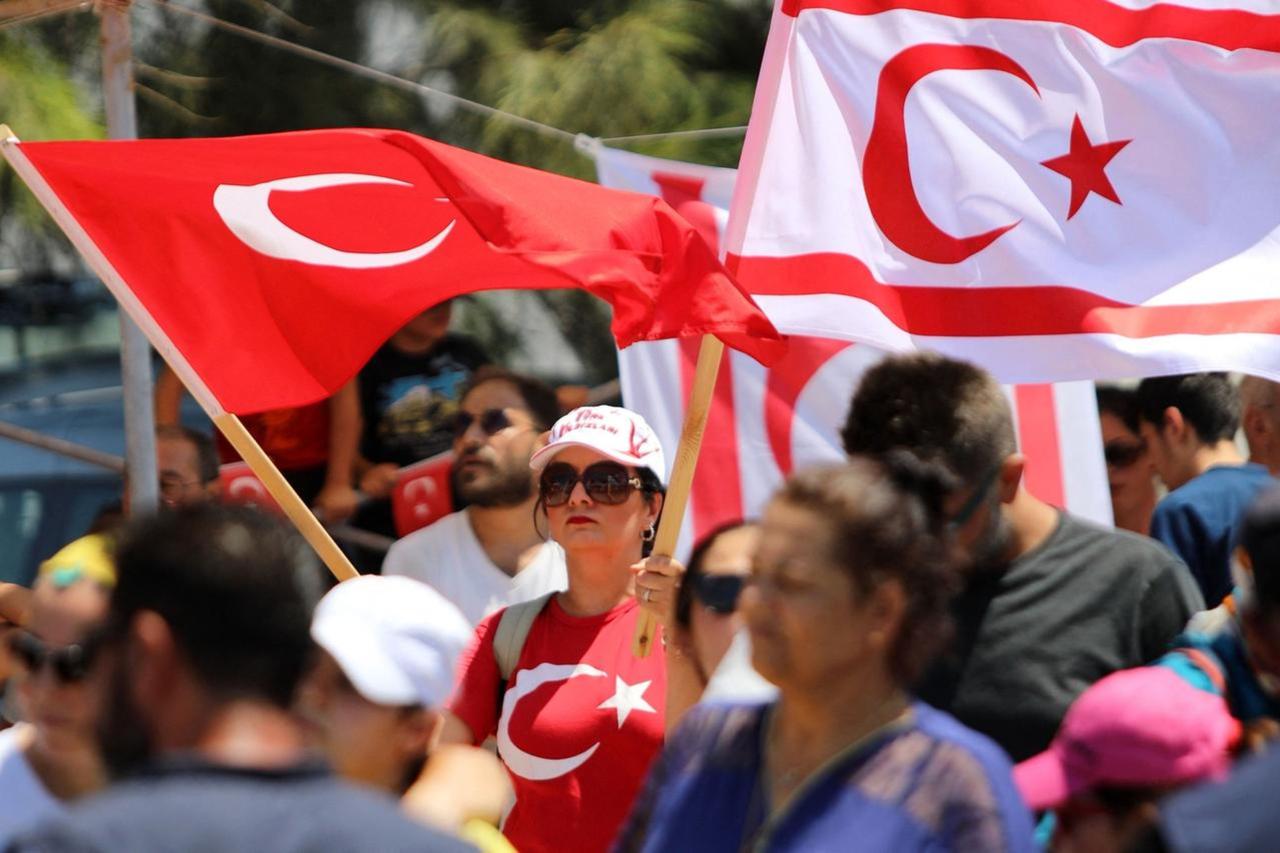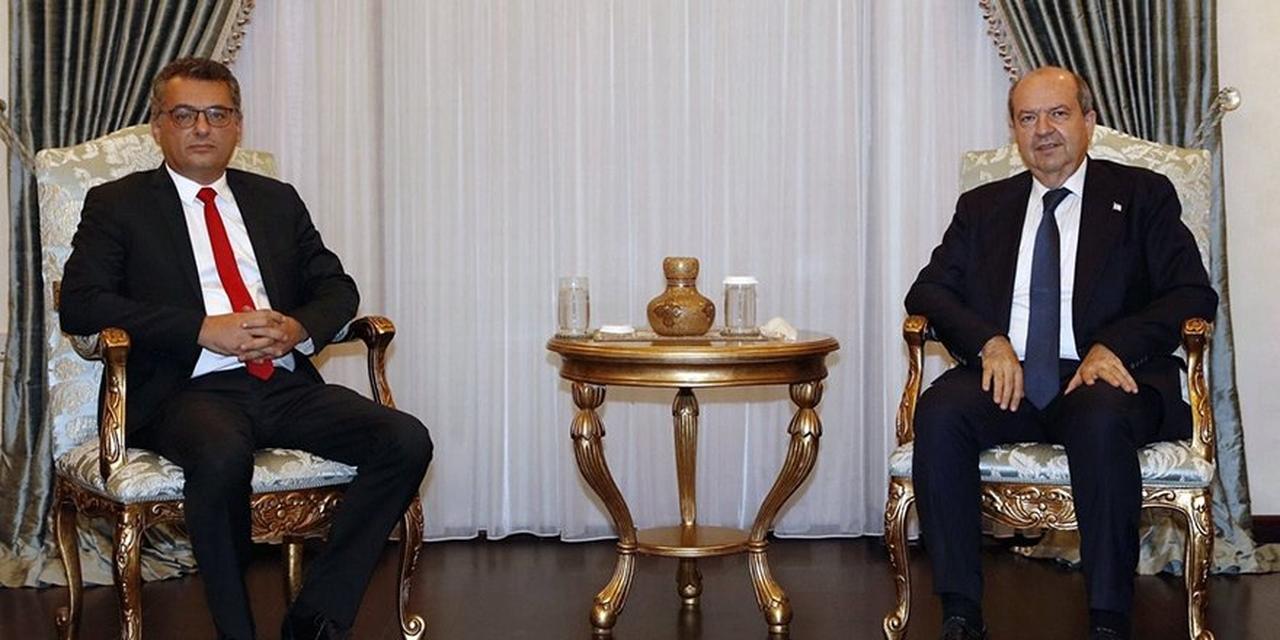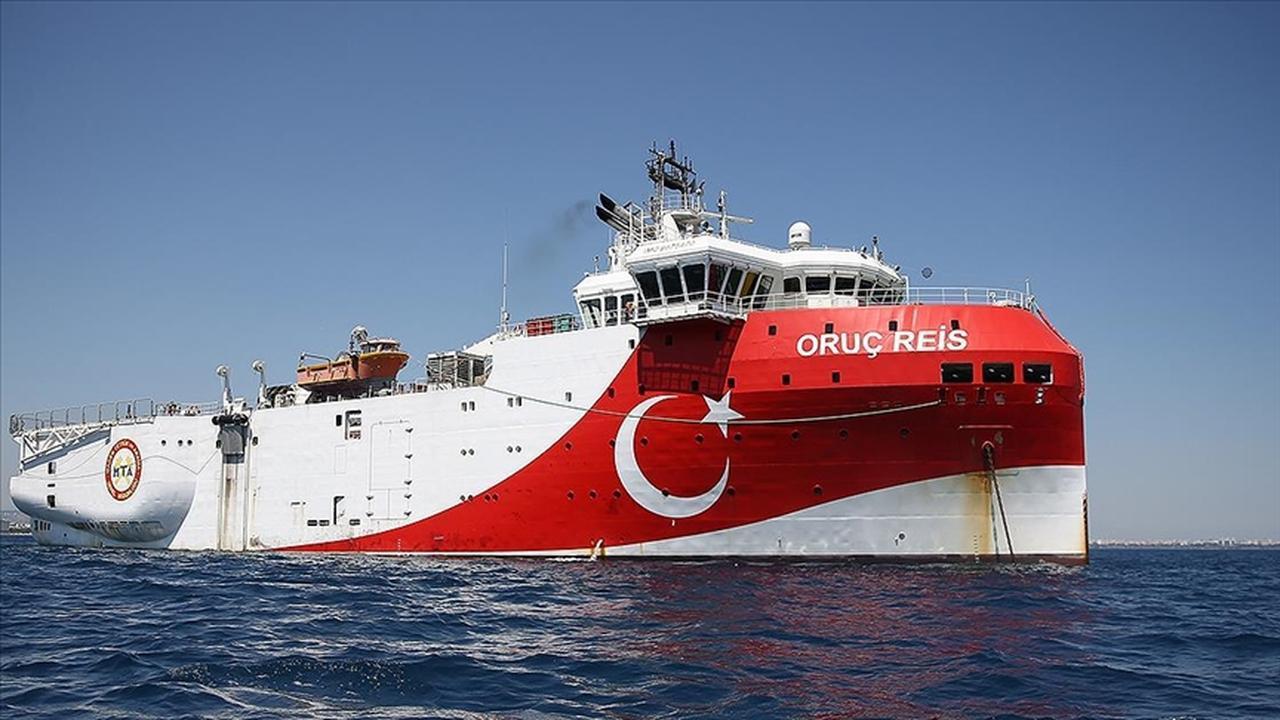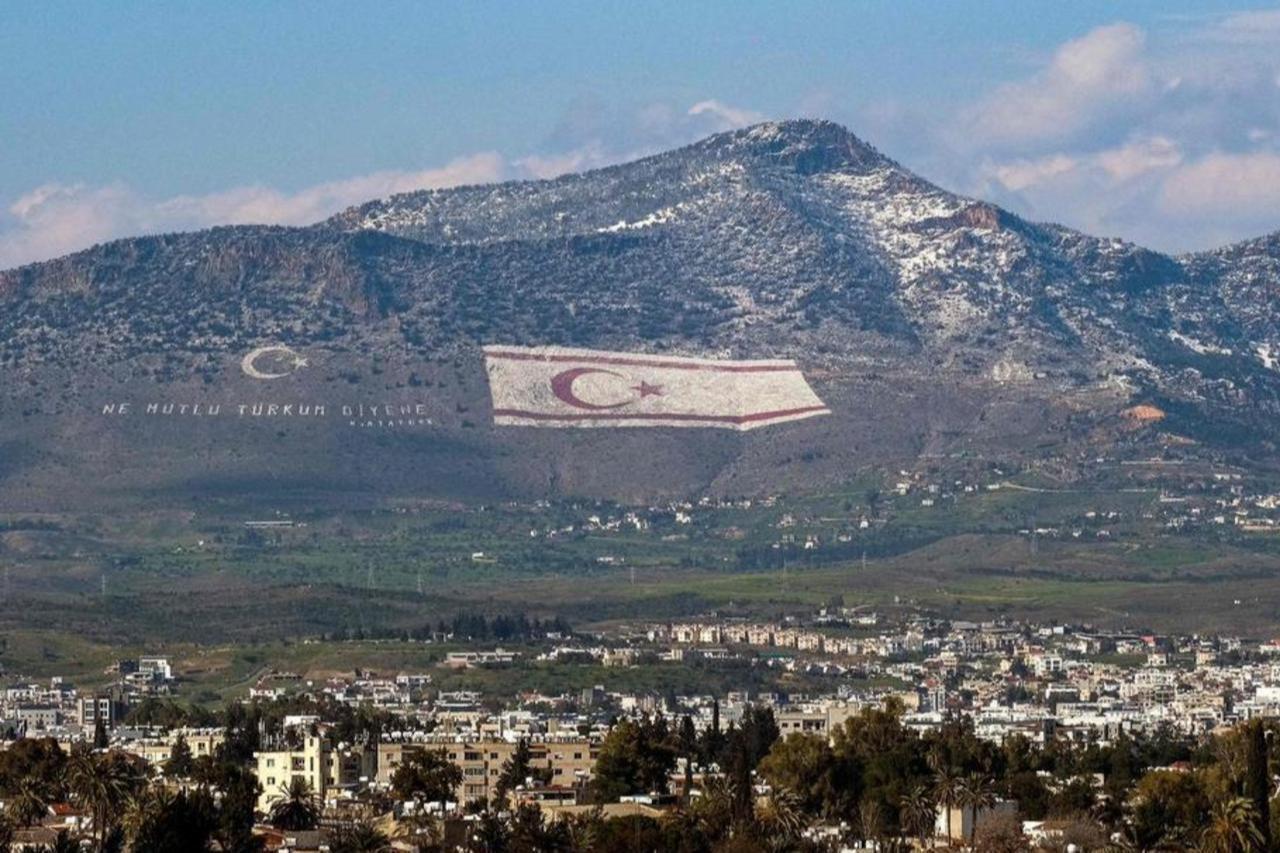
The upcoming presidential election in the Turkish Republic of Northern Cyprus (TRNC) is being described as a turning point, one that will determine whether the island moves toward a two-state solution or revisits the idea of a federal settlement widely in international media.
In reality, the vote is less about choosing between those two visions than about defining priorities within a political structure already constrained by external dependencies and decades of diplomatic stalemate.
The result will influence the tone of future negotiations, domestic governance in the north, and Türkiye’s broader regional strategy—but it will not, by itself, redraw the island’s map, as the opposition candidate Tufan Erhurman was once already a prime minister of the Northern administration of the island.
For Ankara, the election represents a moment to reaffirm or reassess its Cyprus policy at a time when regional alignments are shifting.
Since 2002, successive Turkish governments have alternated between supporting a federal settlement and embracing the rhetoric of two sovereign entities.
The current consensus in both Türkiye and Turkish Cyprus is that, practically speaking, two states already exist—one recognized internationally and the other sustained politically and economically by itself and its ally, Ankara.
The debate over federation versus two states cannot be separated from the island’s constitutional origins. When the Republic of Cyprus was established in 1960, the arrangement granted political parity between Greek and Turkish Cypriots.
A Turkish Cypriot vice president held veto powers, and communal balance was constitutionally protected.
That design quickly collapsed, with the Greek Cypriot leadership consolidating control over state institutions and Turkish Cypriots withdrawing into enclaves.
Every subsequent attempt to rebuild that partnership has foundered. The United Nations’ efforts—from the 1980s initiatives under Perez de Cuellar and Boutros Boutros-Ghali to the 2004 Annan Plan—aimed to create a bi-zonal, bi-communal federation with political equality.
Yet, the Greek Cypriot electorate repeatedly rejected these blueprints, most decisively in 2004, when 76 percent voted against the Annan Plan despite international incentives linked to EU membership.
The rejection allowed the Greek Cypriot-led entity to join the European Union (UN) alone, cementing the island’s division in both legal and political terms.
The pattern continued in 2017 at the Crans-Montana talks, where Turkish and Greek Cypriot leaders—alongside guarantor states Türkiye, Greece, and the United Kingdom—appeared close to agreement before negotiations collapsed.
Even after Türkiye signaled flexibility on security guarantees, the Greek Cypriot side deemed the proposals insufficient.
That breakdown marked, for many in Ankara and Lefkosia, the final proof that federal reunification was no longer viable.

Despite heated rhetoric, the TRNC presidential election does not function as a referendum on the island’s future status. The TRNC’s semi-parliamentary system grants the president limited executive power.
The office shapes foreign policy messaging and leads negotiations, but it cannot legislate or alter the island’s international standing. Any shift in Cyprus’s political structure would require the cooperation of guarantor powers and international recognition—neither of which is on the table.
Yet the symbolism remains powerful. The 2020 elections, for instance, reflected a broader change in Turkish Cyprus’s political identity, as the electorate moved away from the long-dominant federation thesis and toward a more Ankara-aligned view that prioritizes sovereignty and realism over reunification hopes.
The upcoming vote will test whether that alignment holds or whether a reformist, governance-oriented discourse can take root without reopening the old federalist attempts.

Türkiye’s role in Turkish Cyprus has always extended beyond security guarantees. It is the TRNC’s principal financier, infrastructure developer, and political sponsor.
Ankara’s emphasis on a two-state model aligns with its post-2019 regional posture, which seeks to balance assertiveness in the Eastern Mediterranean with selective pragmatism toward Western partners.
For Ankara, the election result will determine whether the north remains tightly integrated under its strategic umbrella or whether local politics begins to assert its own direction.
Independent of the candidate, Ankara’s policy would ensure continuity in energy cooperation, defense coordination, and economic assistance.
A reformist or opposition victory, however, could prompt tactical adjustments—though not a fundamental rupture, since Turkish Cyprus’s financial dependence on Türkiye limits room for maneuver.
In reality, a compromise remains out of reach under the current balance of power, with both Greece and Türkiye seemingly waiting for that balance to shift in their favor.

Beyond the diplomatic theater, Turkish Cyprus faces pressing internal problems: weak municipal services, unregulated urban growth, pervasive nepotism, and overreliance on Ankara for infrastructure and maintenance.
Major roads, buildings, and public facilities are often funded and constructed by Türkiye, but their upkeep and management remain neglected.
Many voters express frustration that domestic institutions lack the capacity or will to deliver basic services without external intervention. The refrain “Türkiye will handle it” captures both the convenience and the cost of this dependency.
Reform-minded politicians argue that Turkish Cyprus must strengthen local governance, and elections should be about public administration, not perpetual debates over sovereignty.
Greek Cypriot policymakers often invoke the concept of “osmosis”—the fear that, once Turkish troops withdraw and restrictions are lifted, the Turkish Cypriot population and mainland settlers would either integrate into the south or migrate elsewhere, dissolving the north’s separate identity without formal unification.
This fear mirrors the logic of the German unification analogy often cited in Greek Cypriot discourse: the expectation that Turkish Cyprus, deprived of external military support, would collapse institutionally like East Germany did, leaving its citizens to be absorbed by a larger and recognized state.
Turkish policymakers reject that parallel outright, pointing to the distinct ethnic and political structures of Cyprus, where national identities remain incompatible with a simple merger model.
Such a mindset effectively blocks any prospect of negotiation, despite a segment in the north showing readiness to make concessions to ease the isolation.
Whatever the outcome, the post-election landscape will not transform overnight. A pro-federation candidate could attempt to reopen UN-led negotiations, but the diplomatic climate is unfavorable.
The Greek Cypriot side, facing its own domestic constraints, has little incentive to revisit plans it previously rejected. Meanwhile, Türkiye’s foreign policy establishment views the two-state discourse as a strategic reality rather than a negotiable option.
A re-election of the current Turkish Cypriot leader would reinforce that trajectory, consolidating the TRNC’s position within Türkiye’s economic and security architecture.
Yet even in that scenario, there is growing recognition that domestic reform—not just geopolitical messaging—will define the TRNC’s viability. Strengthening institutions, improving public services, and reducing corruption are increasingly seen as essential to sustaining public legitimacy.
The TRNC election will not settle the Cyprus question, but it will clarify the direction of Turkish Cyprus’s internal politics and Ankara’s next steps.
For decades, the island’s political discourse has revolved around abstract models—federation, confederation, two states—while neglecting the structural weaknesses that prevent either side from functioning effectively within its own sphere.
If the north’s next or current leadership can shift attention toward governance, transparency, and institutional development, it might not solve the Cyprus dispute, but it could finally anchor its own political credibility.
In the end, elections in Turkish Cyprus have less to do with formal recognition or reunification than with the quiet question of statehood itself: whether the north chooses to exist as a functioning polity or remain a diplomatic appendage suspended between dependency and aspiration.